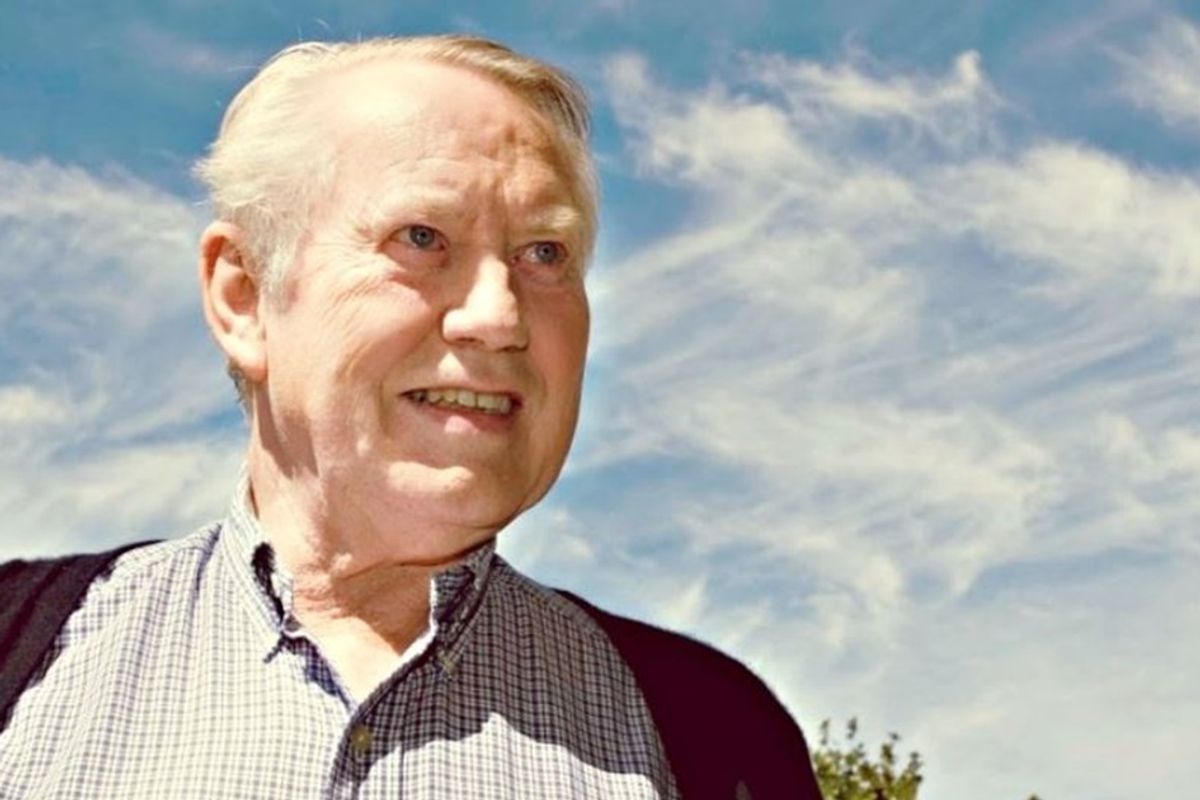
On September 14, Charles “Chuck” Feeney signed the paperwork to shut down Atlantic Philanthropies. The ceremony was attended via Zoom by the philanthropies’ board which included former California Governor Jerry Brown, Bill Gates, and Nancy Pelosi.
While most would think the shuttering of a philanthropic endeavor would be a sad event, it was just how Feeney planned. It marked the competition of four-decade mission to give away almost every penny of his $8 billion fortune.
Feeney has saved $2 million to live on for the remainder of his life.
“We learned a lot. We would do some things differently, but I am very satisfied. I feel very good about completing this on my watch,” Feeney told Forbes. “My thanks to all who joined us on this journey. And to those wondering about Giving While Living: Try it, you’ll like it.”
Feeney was one of the first signatories on the Giving While Living pledge that encouraged the super-wealthy to give away 50% or more if their fortunes while still living.
End of an era–Chuck Feeney’s Atlantic Philanthropies ends its work. Impossible to overstate the impact Feeney’s ge… https://t.co/HnpBrYMaUz— Stephen Kinsella (@Stephen Kinsella)1600192606.0
His generosity was the inspiration for Bill Gates and Warren Buffet to sign their giving pledge in 2010. “Chuck was a cornerstone in terms of inspiration for the Giving Pledge,” Warren Buffett told Forbes. “He’s a model for us all. It’s going to take me 12 years after my death to get done what he’s doing within his lifetime.”
Feeney co-founded retail giant Duty Free Shoppers in 1960 which now operates in 11 major airports and 20 Galleria stores. In 2017, nearly 160 million travelers visited Duty Free Shopppers locations.
In 1984, he secretly transferred his entire stake in the company to Atlantic Philanthropies which he started two years earlier.
Not even his business partners knew that he no longer owned a portion of the company.
From there he began donating his massive fortune completely anonymously with the plan of giving it all away before he died. His cover was blown in 1997 when a lawsuit required him to reveal his charitable donations.
Here’s what Warren Buffett, the chairman & CEO of Berkshire Hathaway, The Gates Foundation and The Giving Pledge sa… https://t.co/663Xiy1FP2— Forbes (@Forbes)1600202095.0
Feeney was able to amass even larger sums of cash because he was incredibly frugal.
“Until he was 75, he traveled only in coach, and carried reading materials in a plastic bag,” a New York Times feature read. “For many years, when in New York, he had lunch not at the city’s luxury restaurants, but in the homey confines of Tommy Makem’s Irish Pavilion on East 57th Street, where he ate the burgers.”
He currently lives in a modest apartment in San Francisco with his wife, doesn’t own a car, and wears a $10 Casio watch. On a table in his apartment he has a small, Lucite plaque that reads: “Congratulations to Chuck Feeney for $8 billion of philanthropic giving.”
Feeney gave nearly half of his fortune to education, including $1 billion to his alma mater Cornell. He has given $860 million to social change and human rights causes, $700 million to promote global health, $62 million to abolish the death penalty, and $76 million on a campaign to support the passage of Obamacare.
He has personally supported Sinn Féin, a left-wing Irish nationalist party.
“I see little reason to delay giving when so much good can be achieved through supporting worthwhile causes,” Feeney said. “Besides, it’s a lot more fun to give while you live than give while you’re dead.”
The super-rich are often rightfully the target of criticism for having ungodly wealth while others struggle to get by. But Feeney is a fantastic example of the power of wealth and how industriousness and greed don’t necessarily have to go hand in hand.
